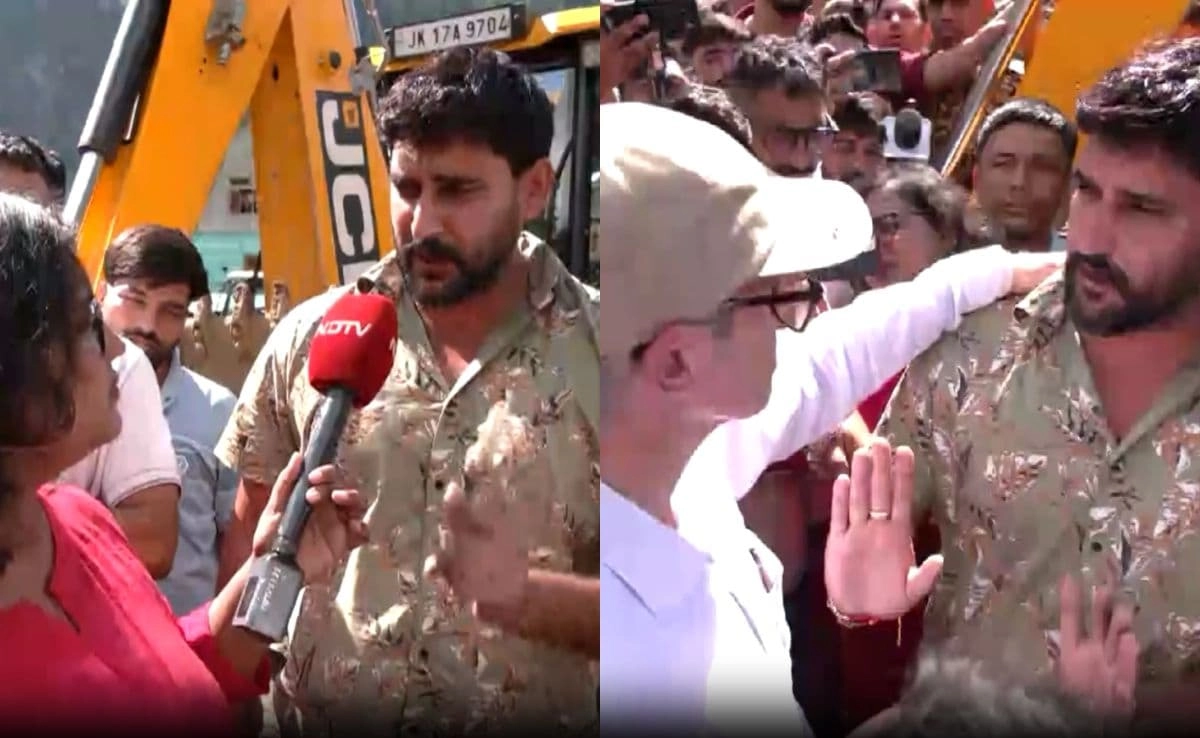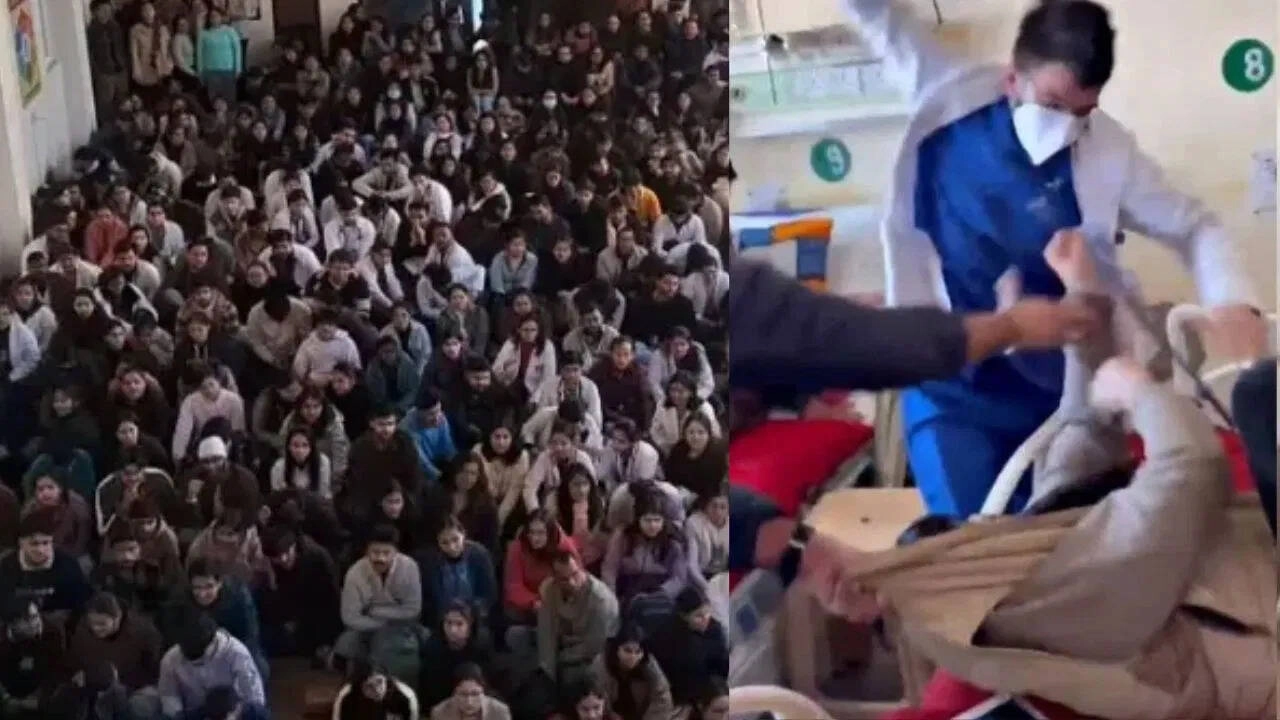In a recent incident that highlighted the challenges faced during flood rescues, a local resident expressed his frustrations over the obstacles that hindered timely assistance. The man, visibly distressed, spoke about the difficulties in accessing safe evacuation routes and the slow response times from rescue teams. His concerns reflected a broader sentiment among those affected by the flooding, as many felt abandoned in their time of need. The rising waters not only threatened lives but also disrupted basic services, leaving communities in a state of desperation.
Amidst this turmoil, former Jammu and Kashmir Chief Minister Omar Abdullah arrived on the scene, bringing a sense of hope and urgency to the ongoing crisis. Abdullah’s presence was a welcome sight for the beleaguered residents, as he engaged directly with those affected, listening to their grievances and assessing the situation firsthand. His arrival drew attention to the plight of the flood victims and underscored the need for immediate government intervention. Abdullah’s commitment to addressing the rescue hurdles resonated with the crowd, as he promised to advocate for improved coordination and resources to enhance the effectiveness of rescue operations.
The former chief minister’s involvement served as a reminder of the importance of leadership during times of crisis. His willingness to connect with the community and address their concerns head-on was a crucial step towards rebuilding trust in the government’s response efforts. As Abdullah discussed potential solutions and mobilized resources, the residents began to feel a renewed sense of optimism. His actions not only provided immediate support but also highlighted the significance of accountability and transparency in disaster management.
In the face of natural disasters like floods, effective communication and swift action are vital. The challenges faced by the affected communities serve as a lesson for policymakers and emergency responders alike. Abdullah’s visit not only aimed to alleviate immediate concerns but also sparked a dialogue about long-term strategies to mitigate the impact of such disasters in the future. His proactive approach exemplified the role of leaders in fostering resilience and ensuring that the voices of the most vulnerable are heard and addressed during crises.




